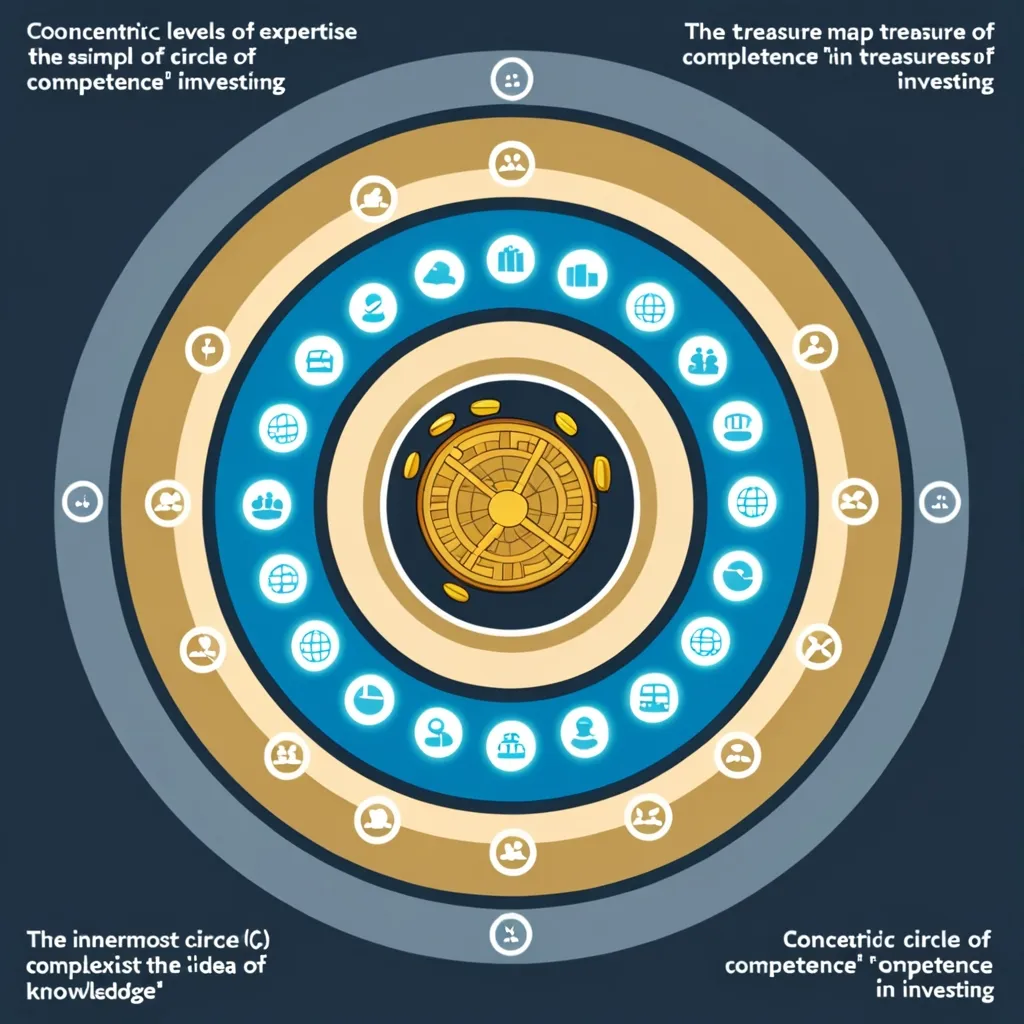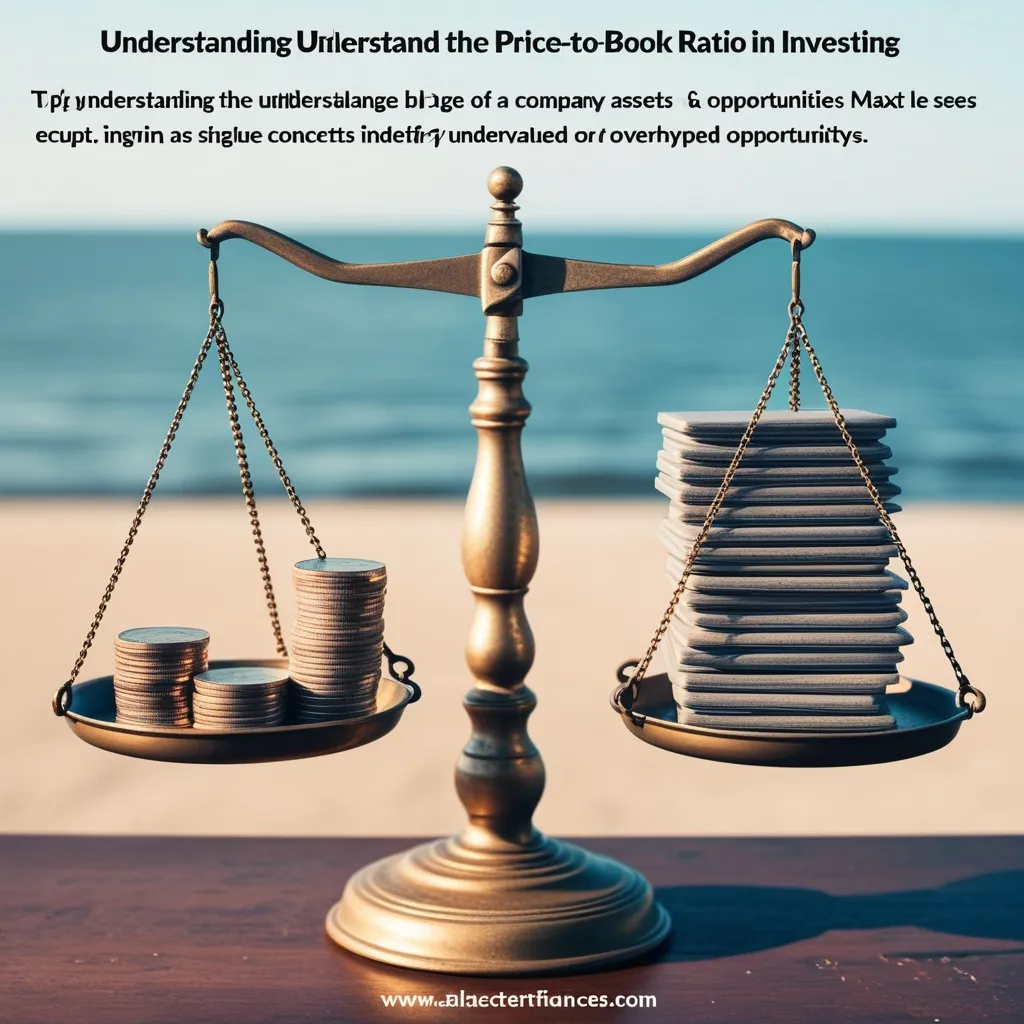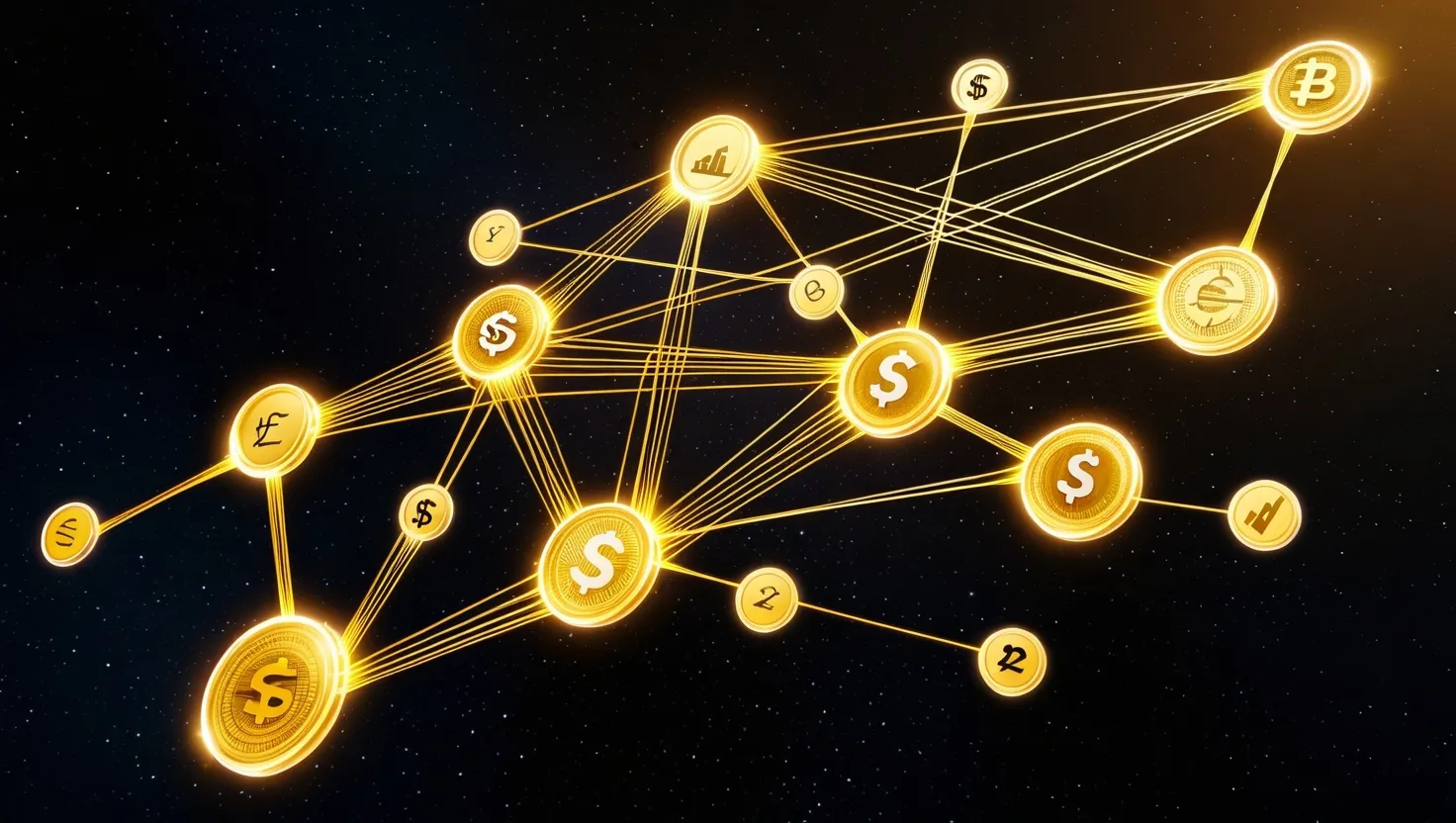Investing. It’s this complex, sometimes daunting world filled with promises, risks, regret stories, and tales of triumph. But amid the noise, Warren Buffett and Charlie Munger strip it down to an intriguing concept: the “circle of competence.” Imagine honing in on what you know best and building your financial future on that solid foundation. Sounds refreshing, doesn’t it? This idea, as simple as it is, holds the potential to revolutionize how one approaches investments while keeping those nerve-wracking mistakes at bay.
Picture the circle of competence as your personal treasure map—an exclusive area where your skills, knowledge, and life experiences come together in a beautiful blend. It’s the zone where businesses feel familiar, not just from balance sheets, but because their stories resonate with your understanding of how money moves and how enterprises grow or sometimes crash. It’s not just for investing and picking stocks; this principle can flow into all corners of life, wherever decisions loom large.
Now, if someone has spent years coding software or navigating the tech industry, they likely know how tech companies churn out revenue, battle competitors, and pivot with emerging tech trends. For them, tech investment feels like playing on home turf. On the flip side, thinking about pharmaceuticals or oil without any background feels like venturing into unknown lands with no map. Sounds a bit risky, doesn’t it?
Overconfidence can quickly morph into an investor’s worst enemy. Think of it like standing on the edge of a diving board, driven by hype, only to realize mid-air that the pool below is dry. This is the reality many faced during the dot-com bubble. Swept away by excitement and loud whispers of endless potential, both institutional and individual investors leaped headlong into businesses they barely comprehended. The aftermath? A lot of them ended with lighter pockets and heftier lessons. Real estate in the mid-2000s told a similar cautionary tale. The key takeaway? Stick close to what’s familiar; it’s a safer bet than gambling on the unknown.
So, how does one define where their circle of competence lies? Start by jotting down industries or businesses that set your soul on fire or ones that you just get, inherently. Can you dissect how a company earns its keep? Can you dive into an earnings report and surface with solid, meaningful questions? Or perhaps assess how a company stands amidst its rivals? If retail has been your playground, you probably know the ins and outs of consumer behaviors, the legs of supply chains, and which factors can tweak profitability. That knowledge definitely sets retail firms within your circle.
But here’s an exciting upside—your circle doesn’t have to remain static. Just like expanding your social circles, you can grow this circle too. Dedication and directed curiosity can help push its boundaries. Think of Mohnish Pabrai. Before making waves in the auto industry with a smart investment in Fiat Chrysler, he spent time absorbing every bit of knowledge he could about the industry—from deep-diving into reports to seeking insights from insiders. This exploration paid off handsomely. The takeaway? Continuous learning and humility are essential. Charlie Munger’s insight rings true here: become a lifelong self-learner, be insatiably curious, and aim to become wiser each day.
Investing wisely within your circle involves a few ground rules. Firstly, if understanding a business feels like deciphering hieroglyphs, steer clear. Invest in what you can explain to your kid—or your grandkid (chocolates or apples, anyone?). Do your groundwork diligently. Understand the business landscape, its numbers, and where the tides of the industry’s future will likely turn. And while the allure of quick dollars dances temptingly, it’s often ephemeral. Investing for the long haul aligns better with your intrinsic understanding and future goals. Plus, when a new opportunity comes knocking, or whispers promise imminent returns, take a breather. Impulse is not the best advisor, especially outside your competence circle.
Consider Peter Lynch, a legend who personified this principle. Guiding the Magellan Fund, he comfortably outpaced standard indices like the S&P 500 by dedicating his investment strategy to businesses he knew inherently. “Invest in what you know” became his mantra, the piece resonating with both heady profit numbers and grounded realities.
Visualizing your circle is simple. Picture three circles in concentric layers. The outermost circle houses businesses you’re clueless about—keeping them at arm’s length until you learn more. The middle circle is slippery territory; it feels familiar, but you may soon realize it’s a mirage of understanding. Here, many wander and err. Finally, the innermost circle—this is your golden trove. It encapsulates businesses you’re best acquainted with, where insights come naturally. This inner zone should command your investment focus.
Embracing the circle of competence is empowering not only for finance but as a life compass. Reckoning the width of your knowledge, like a map detailing your comfort zones, ensures decisions are drawn from informed, thoughtful wells. It helps steer away from potential downfalls while upping the chances for blossoming success.
In this grand scheme of things, knowing what lies within your knowledgeable domain—and, crucially, what doesn’t—brings clarity. In life as much as in stocks, this delicate balance of confidence and self-awareness shapes better choices and crafted paths to fulfillment. So delineate, understand, and conquer your circle of competence. It’s about the elegance of understanding its contours, not merely its vastness. Whether for investments or life at large, this is the navigational compass everyone should wield.






